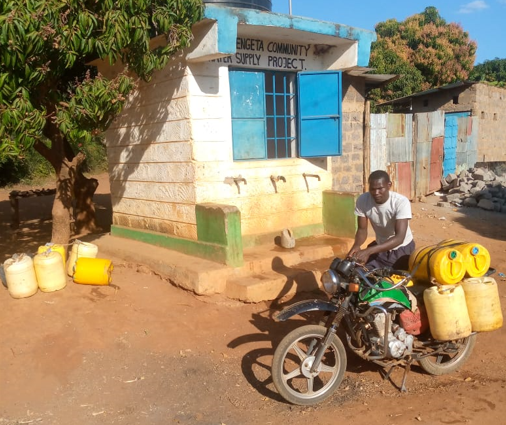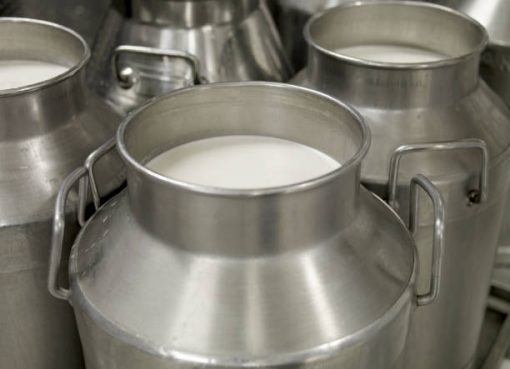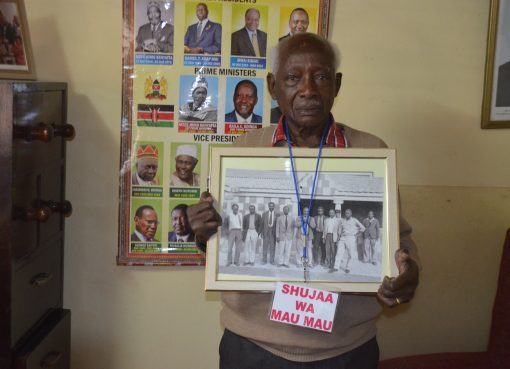Residents of Kambiti ward in Murang’a County want the county government to provide them with water for domestic use and irrigation.
The semi-arid area that borders the Kenol-Sagana-Marua is currently supposed to be served by the Murang’a South Water and Sanitation Company (MUSWASCO), but the residents decry the unavailability of piped water.
With two rivers, Kambiti and Thaara, passing on the sidelines of the area, the villagers, who depend on mango farming as their main economic activity, rely on undependable springs that also dry up with a prolonged lack of rain.
One of the residents, Mary Njoki, said the area is affected by serious water shortages that leave locals depending on water from the community borehole available once or twice a week.
“Once the water is pumped, I store about 500 litres to sustain my family because I have two small children and a husband,” Njoki said, explaining that each house has a water metre that is used to charge them for the commodity.
Njoki said lack of water has left the area underdeveloped despite the fact that it is on a highway plied by thousands of motorists.
Grace Muthoni, a grocery vendor in the market, explained that they buy three 20-litre Jerry cans of water for Sh100 for their businesses, which is too expensive.
Muthoni said that the availability of water would boost hygiene and provide a conducive business environment that would attract more investors.
Benson Maina, a village elder and chairperson of Kambiti Market, said a large number of local homes are not connected to water, and residents have to source the commodity from springs.
The market, he said, is provided with water on Tuesdays and Fridays during market days from a borehole sunk by the government at the chief’s camp.
“The public toilet here should be open throughout to serve both traders and buyers, but it is only opened during the two days that water is available,” Maina said.
He appealed to the county government to provide sufficient water to the area to attract more traders, which he said would reduce the cost of commodities and boost the economy.
Jane Wanjiru, another resident, said, “We spend a lot of time looking for water; those who arrive at the spring during the day only fetch water at night, while those who camp at the river overnight fetch during the day.”
Wanjiru said they depend on mango farming, and they are only able to pay school fees at the beginning of the year during the mango season as the continuing lack of water has subjected the area to food insecurity and poor nutrition as locals are unable to engage in farming.
“When it rains for longer, we are able to plant food crops and get a good harvest, but we rarely get sufficient rain,” she said.
She urged both the county and national governments to provide them with water for domestic use and irrigation to help transform the area into a food basket for the county.
“Help us become self-sufficient because, with water, we can plant fruits and vegetables and earn a living,” she said.
By Purity Mugo and Bernard Munyao





